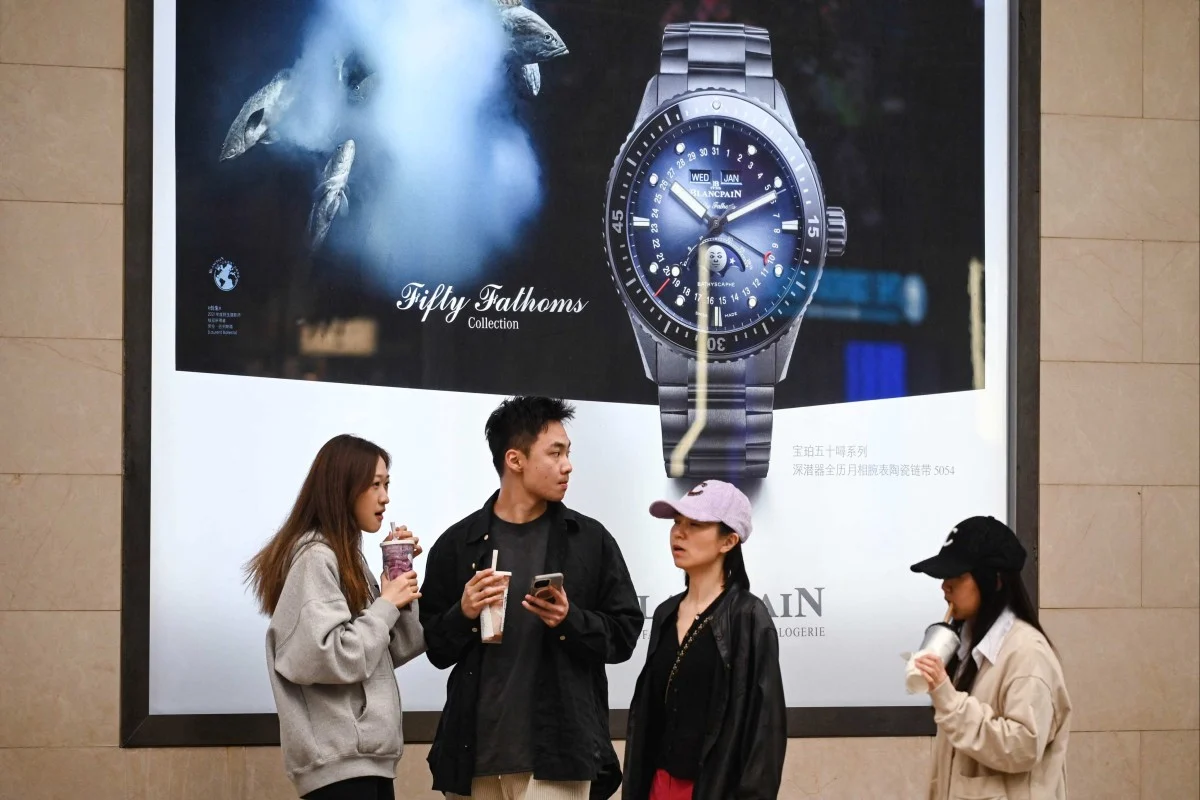Luxury brands in China are reevaluating their discounting strategies, pulling back from steep markdowns in an effort to maintain exclusivity and rebuild their image as high-end labels. Companies like Kering’s Balenciaga have stopped offering discounts on Tmall, China’s leading e-commerce platform, in the first quarter of this year, compared to the previous year when their products saw an average markdown of 41 percent. Similarly, Versace, soon to be part of Prada following a $1.4 billion acquisition, reduced its price cuts to only 3 percent of products, down from 12 percent in the previous year. Valentino Fashion Group also minimized its discounts, eliminating them completely in February and March.
This shift in strategy reflects a broader change in how luxury brands are approaching the Chinese market. Rather than focusing on short-term sales driven by price reductions, brands are now prioritizing long-term brand affinity and customer loyalty. As Max Peiro, CEO of Re-Hub, a data consultancy, pointed out, the move is more than just operational; it’s foundational to building relevance and desirability. The new focus is on providing premium experiences, with many brands offering exclusive VIP events or in-store museums to cater to the wealthier consumer segment.
Luxury brands are adapting to the changing economic landscape in China, where the once-booming middle class has become more cost-conscious due to an ongoing property slump and slow post-pandemic recovery. The downturn has caused many middle-income consumers to turn to more affordable alternatives, such as athleisure or knockoffs of luxury items. As a result, the Chinese luxury market saw a drop of up to 20 percent in sales last year, according to Bain & Co. Luxury brands are now refocusing on attracting wealthier customers who remain willing to make significant purchases despite the uncertain economic environment.
In response to these shifts, some luxury labels are refining their pricing strategies on platforms like Tmall, which has grown in importance as an online sales channel. While some brands continue to discount products, many are reducing markdowns and aligning their online pricing approach with their global strategies, where discreet private sales events take the place of visible public discounts. By doing so, luxury brands aim to maintain their premium image and foster long-term customer loyalty, positioning themselves for recovery as the market evolves.
READ MORE:
